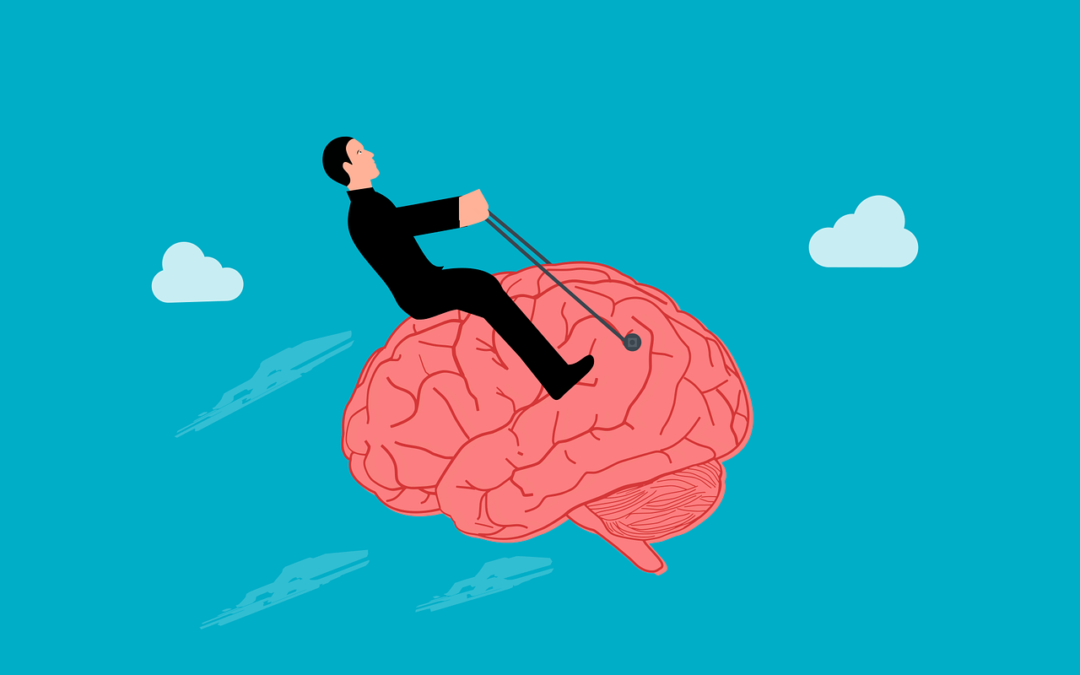Emotional control is an important skill. Sometimes we feel like laughing when it would be inappropriate to do so. Other times we feel like crying but really need to keep it together to deal with the challenge at hand. A lack of emotional control is aligned with a limitation in emotional intelligence, unless of course there is a psychological condition at play, such as with some forms of bipolar.
According to Psychology Today, more emotionally intelligent people will use a variety of strategies to problem solve, as opposed to becoming emotionally uncontrolled in the face of a challenge.
Emotional Self-Control is the ability to keep your disruptive emotions and impulses in check, to maintain your effectiveness under stressful or even hostile conditions.
kornferry.com
The problems with a lack of emotional control don’t rest with how appropriate o in appropriate your behaviour may be, but worse! A lack of emotional control can lead you down the path of self-soothing, with coping strategies that may be harmful to you and those around you. Drinking, junk food addiction, drugs and other distractions often take a place at the table when you lack emotional control.
The tendency to control others is also a feature of many clients I have encountered, over the years, when personal control is missing. When control is an issue, it tends to be very noticeable in your interactions with others.
How to get more emotional control
In the realm of emotional intelligence, we talk about emotional control as emotional regulation. There are many strategies that you can use to build your emotional regulation. These include:
- Pause before reacting. When a situation occurs that triggers your emotions, you don’t need to know what to do, you just need to pause before you do anything
- Notice what you’re feeling. How are you feeling this feeling? Is is a discomfort in the head, chest, stomach? Perhaps your heart is beating faster? Notice what and how you are doing your feeling, at this moment.
- Name the feeling. After you have noticed it, give it a label. Is it agitated, sad, angry, etc?
- Say OK to that feeling. We may not like the feeling, but nevertheless it’s happening. You need to accept that it is happening. It has already happened, in fact, and you can’t change that. Say OK to it.
- Observe the feeling. Don’t judge yourself or the situation as good or bad, simply notice what you notice about the feeling and about the situation at hand
Negative patterns
Now that you are an expert at identifying these emotions and approaching them differently, you can also use other strategies to change your responses in future. See if you can notice patterns behind your emotional reactions. You need to be honest with yourself and really fess up to any patterns you may have that keep putting you on this treadmill of emotional excess. Are you feeling insecure? Are your insecurities being triggered? This is likely is you are often reacting with uncontrolled emotion. If you are feeling insecure, you need to work on that as a key to resolving your lack of emotional regulation.
Biological causes
Is it possible that your emotional reactions are the result of fatigue or low blood sugar? Sometimes, simply being ‘haqngry’ is to blame. You can manage that with a few simple strategies, like packing a few apples or doing some deep breathing throughout the day.
Stories
Are you creating a scenario in your own mind, that leads to an emotional reaction? What stories do you tell yourself that create a picture where you have no control? Is your story built on facts? No, not your interpretation of facts, I mean actual facts? Are you sure? There are an awful lot of people who call suspicion or opinion, factual. Don’t be one of these. The best thing about this situation is that you are the author, and you can change that story.
The whole picture
When we feel a lack of emotional control, we are essentially feeling a lack of choice. That lack of choice is based upon a narrow view of the whole picture. So make a solid attempt to see the whole picture. What in this picture is not so bad? What in this picture contradicts your so called facts?
Try NLP
Neuro-linguistic programming (NLP) is a great tool for combating negative self-talk and limiting beliefs. If your emotional dysregulation is largely based on negative stories, you can use these techniques to counter the story and create a new and more useful one. Using such techniques gives you a choice as to how you respond to life.
If you need assistance with getting on top of your emotional reactions, we can help. Horizons Clinical Hypnotherapy Sunshine Coast.

